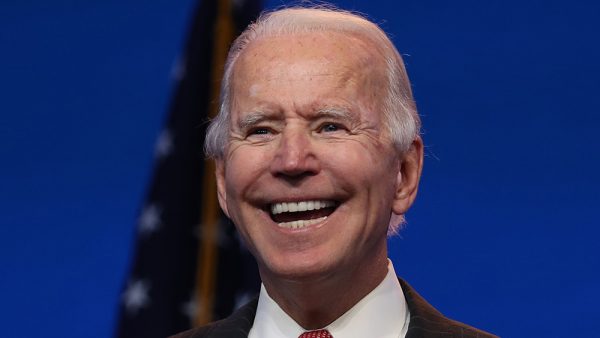 Parler
Parler Gab
Gab
Internet shutdowns are becoming widespread worldwide
The report traced the recent string of internet shutdowns to 2011, when the Egyptian government closed off access to the web for nearly the whole country. For five days, 93 percent of Egyptian networks were unreachable. The internet shutdown in Egypt was brought about by a series of anti-government protests that began three days earlier. The year before that, neighboring country Tunisia had ramped up its aggressive blocking of specific websites in response to growing civil unrest, which would ultimately unseat its government. In the years since, international organizations like the United Nations (UN), as well as several nonprofits, have condemned government-led internet shutdowns as a violation of human rights. But although international condemnation grew, the number of government-led internet shutdowns still exploded exponentially. The report documented just a handful of shutdowns in 2012 but counted at least 213 across 33 countries in 2019. In 2020, the total number of internet shutdowns worldwide jumped 49 percent. Access Now also documented 50 government-led shutdowns across 21 countries in the first five months of 2021. According to Access Now, such shutdowns are also affecting individuals. A woman from Uganda shared how she could not use the only automated teller machine (ATM) available in town after the government shut down access to the internet. Another man from Ethiopia shared how he was unable to, and still cannot, communicate with his ill father, who was in the capital city at the time of a government-led internet shutdown. The report's authors also detailed how the shutdowns affect the economies of the countries that impose them. Myanmar, which has had several internet shutdowns, is believed to have lost 2.5 percent of its Gross Domestic Product (GDP) due to the shutdowns. That's about half the damage caused by the Great Recession but in less than a third of the time.Internet shutdowns are rampant in Africa
The shutdowns have drawn attention to the role that internet service providers (ISPs) play in places where few exist. In the United States, for instance, the fact that there are thousands of ISPs offers some degree of protection against government-led internet shutdowns. But in countries with less developed markets and only a handful of ISPs, governments can easily bring the web to a screeching halt. In Africa, for instance, internet shutdowns are not new. In the past year, the shutdowns have left Africans unable to pay bills online, send money to family and access their money through mobile banking applications. In Zambia, a landlocked country in southern Africa, human rights groups keep a close eye on the possibility of a shutdown whenever there are reports of a suspected slowing down of internet speeds. Others have resorted to using a virtual private network (VPN) to bypass possible restrictions. Meanwhile, the tiny African nation of Eswatini was rocked by protests in late June after authorities imposed a national internet shutdown for security reasons. Activists went to court to challenge the shutdown, saying it greatly affects small and medium businesses that mainly rely on platforms like Facebook and WhatsApp. As these cases show, internet shutdowns have different potential "fixes." Access Now encourages people at risk of such disruptions to download VPNs and plan alternative communication methods. (Related: How to protect your information and remain anonymous online.) Access Now is also pushing for international groups to get involved and campaign for the adoption of laws that would protect networks from governments. "The more voices we have ... pushing back against this particular problem, the more the issue becomes important for the various stakeholders that are able to influence or bring that problem to an end," said Felicia Anthonio, who leads Access Now's #KeepItOn campaign. Visit Censorship.news for more articles about internet shutdowns and how governments manipulate the web. Sources include: Protocol.com Jigsaw.Google.com News.Trust.org“Morally and intellectually corrupt”: UCLA professor resigns in protest over viewpoint intolerance
By News Editors // Share
The end of meat? Dutch “green” policies force dairy farmer to cull 95% of his herd
By Ethan Huff // Share
Port of Los Angeles director: US supply chain at risk if rail service does not improve
By Mary Villareal // Share
Germany to revive mask mandate in September despite declining COVID-19 cases
By Belle Carter // Share





